Articles by Media Foundation for West Africa (MFWA)
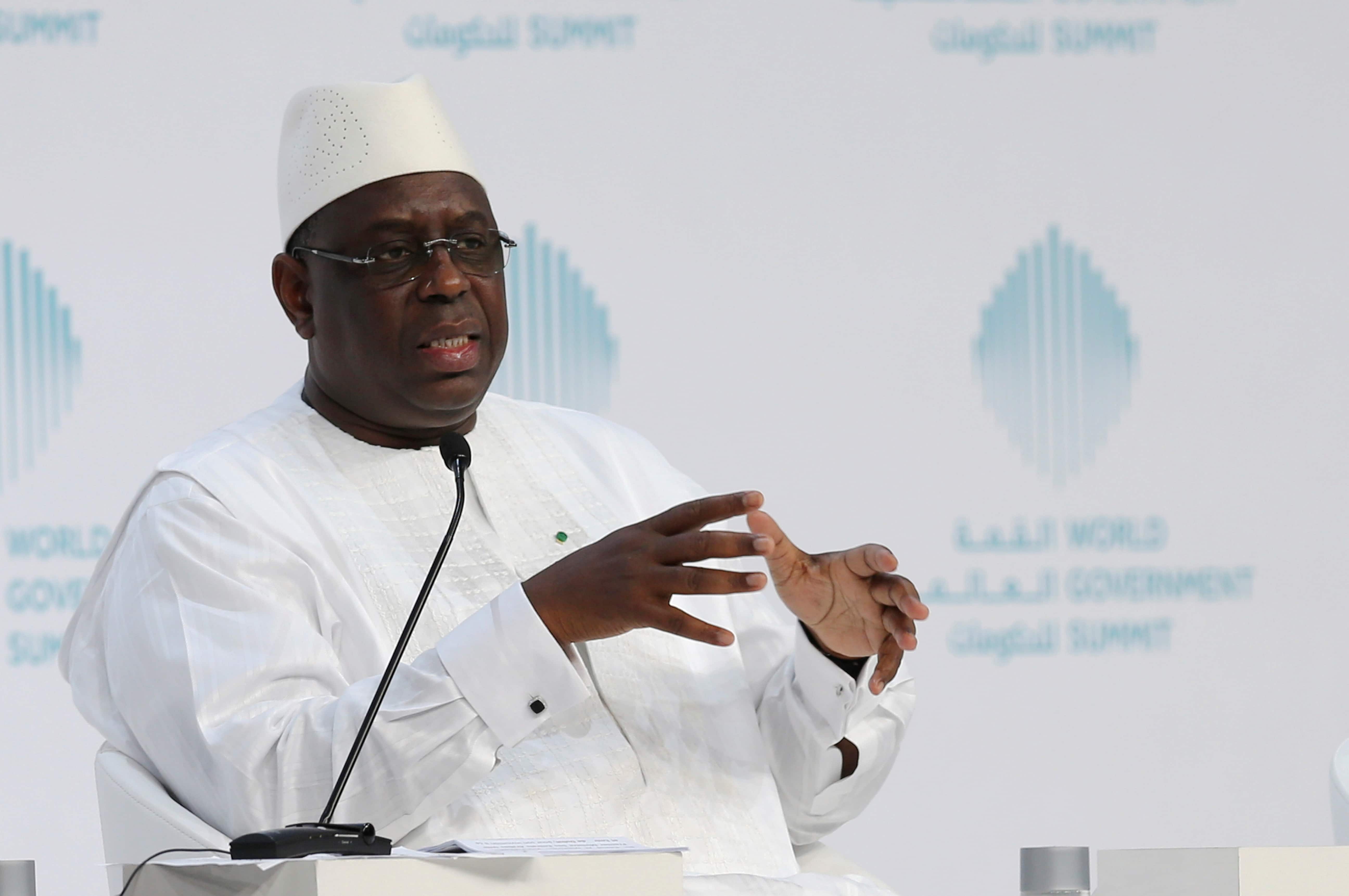
Senegal: Journalist spent 6 weeks in detention for sharing cartoon of President Macky Sall
Journalist Ouleye Mané was detained, along with three others, after sharing a photoshopped image that showed a naked body resting on Senegalese President Macky Sall’s chest.
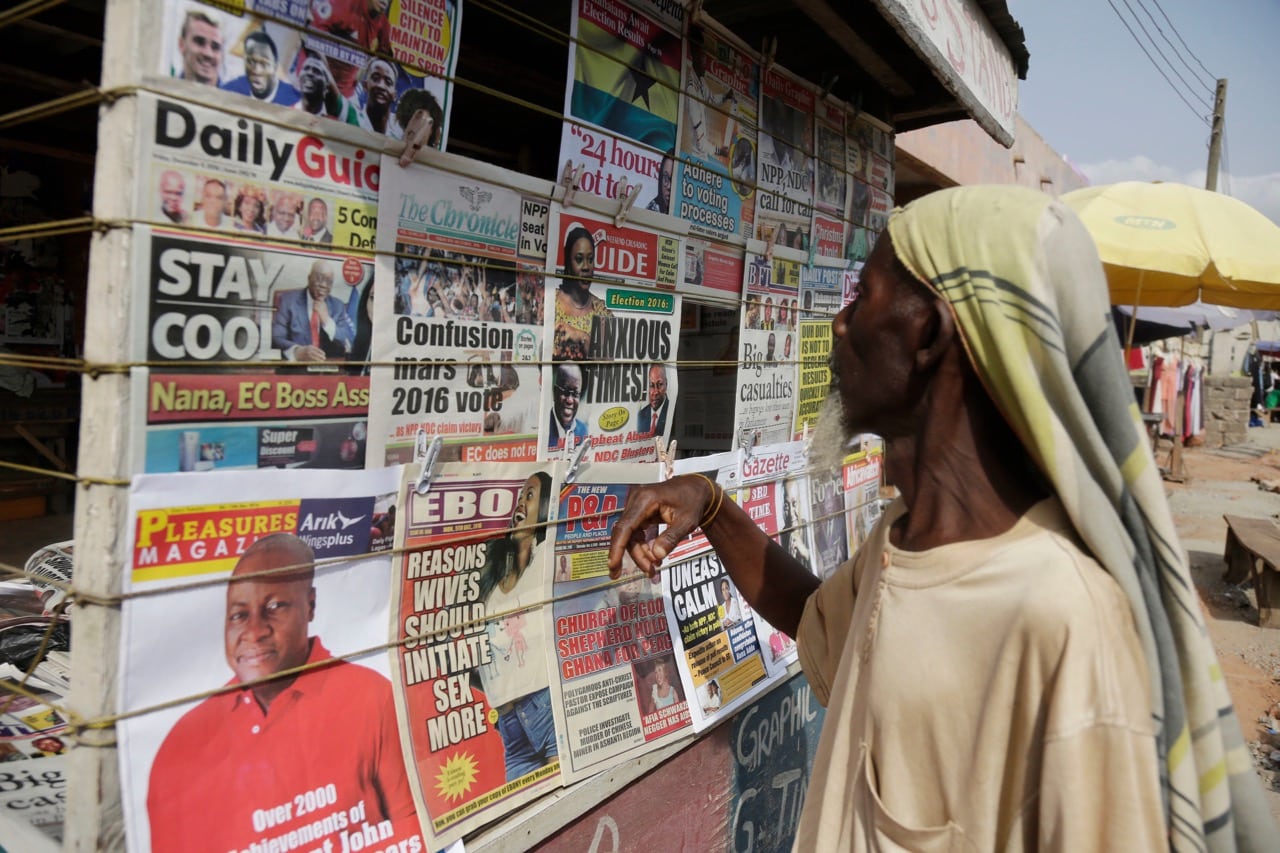
“Daily Post” publishers ordered to pay US$180,000 in defamation suit
An Accra High Court has ordered the publishers of the Daily Post newspaper and its editor, Michael Dokosi, to pay an amount of GHC 800,000 (US$180,000) to a former Minister of State.
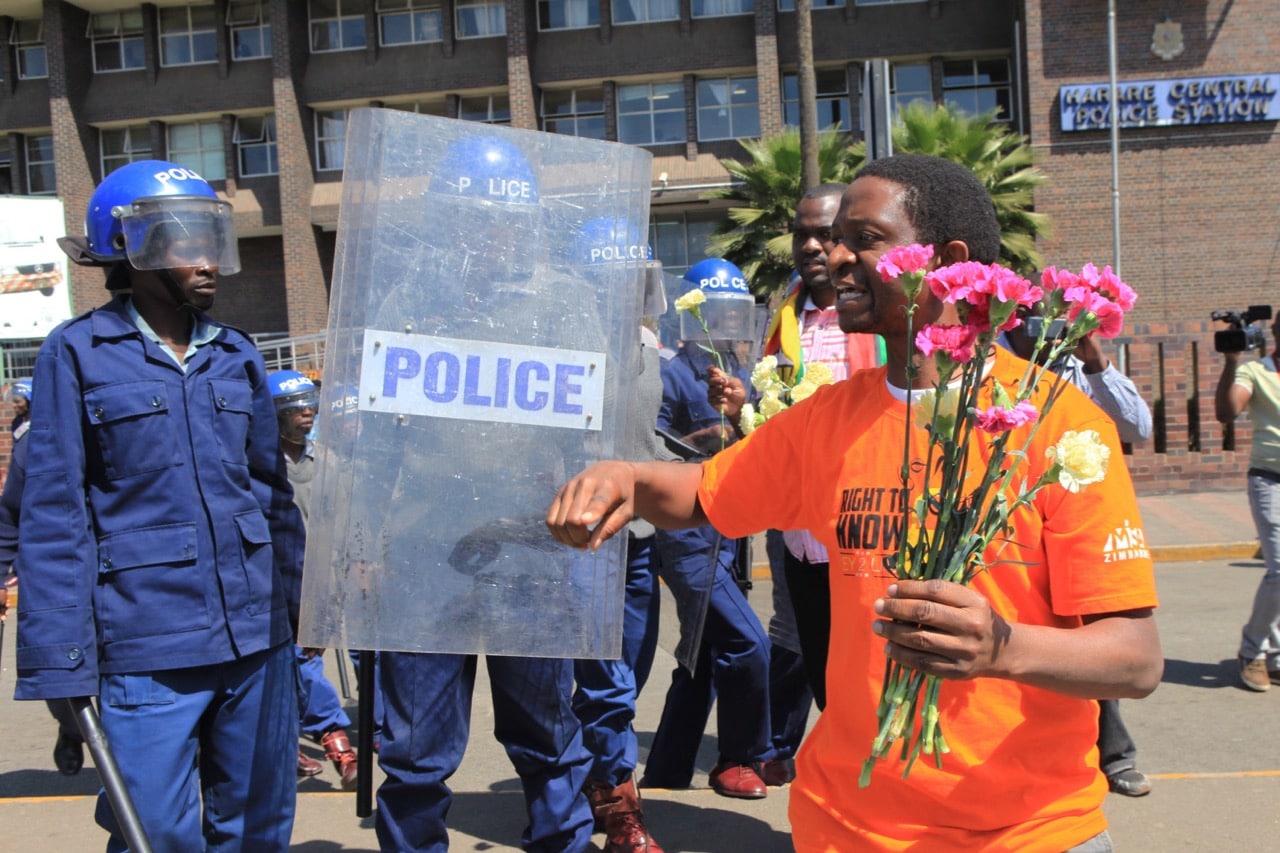
Broken hearts and stifled words: July in Africa
Suna Venter’s broken heart, silencing Sudan’s FIFA suspension, the unsolved case of Burundi’s Jean Bigirimana, policing police in Zimbabwe and more from Somalia, Senegal, Nigeria and South Sudan.
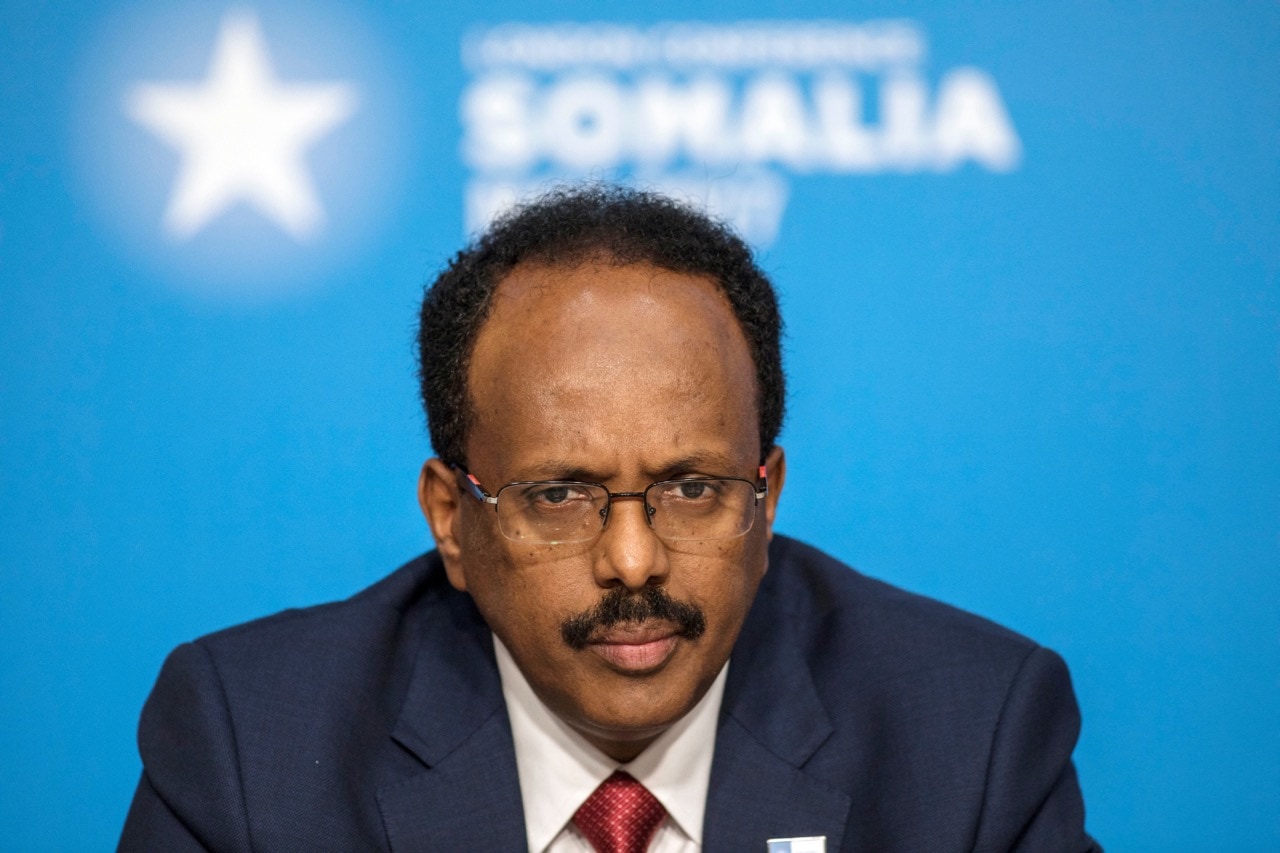
New bill could compromise independence of Somalia Media Commission
If adopted, a new law will allow the Somali government to establish a statutory media regulatory body – the Somali Media Commission – by nominating, approving and appointing its 9 members, and compromising its independence.
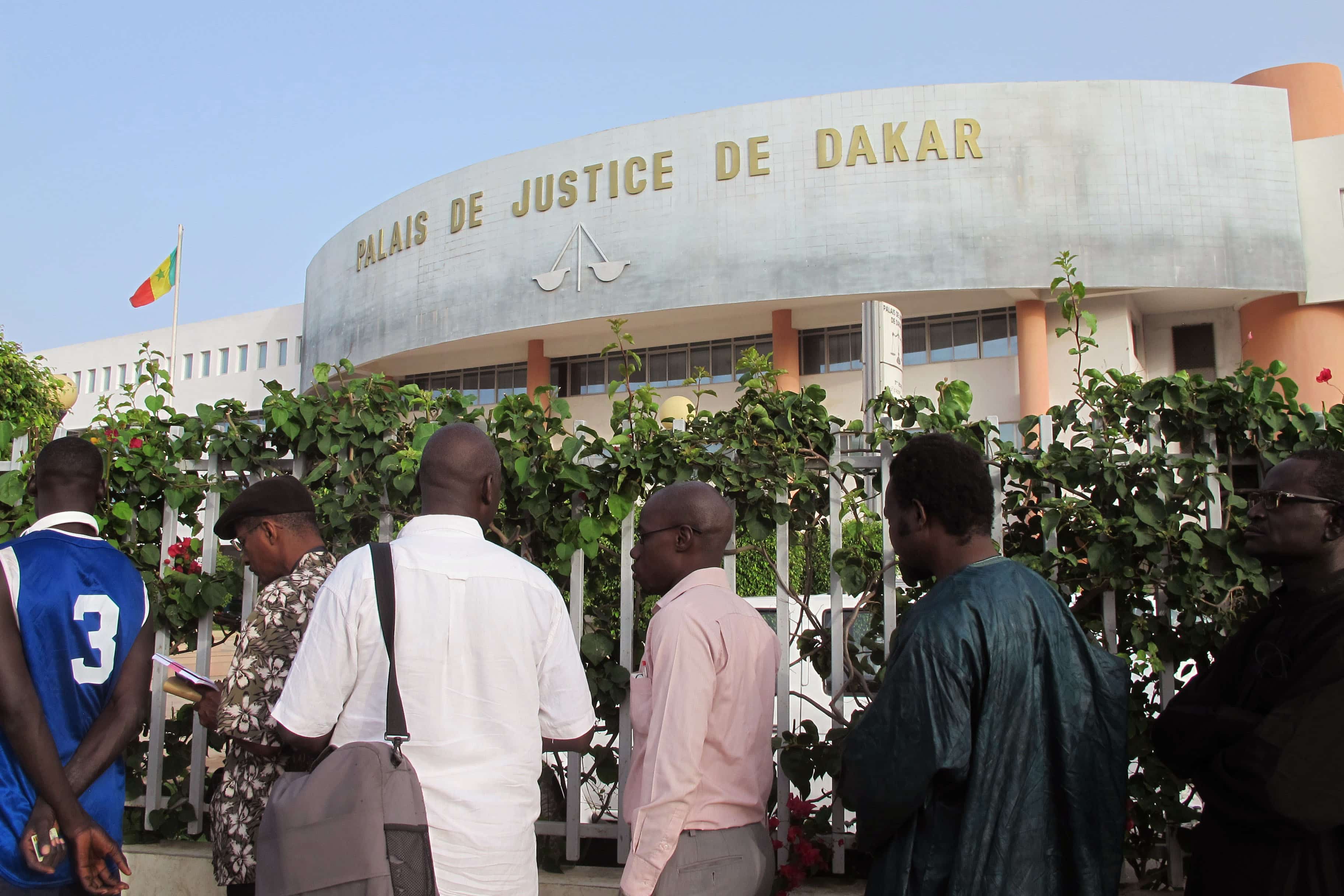
Senegal’s new press code: One step forward, two steps back
Of particular concern to the media community is article 192 of Senegal’s new press code, which states that a district chief executive and other authorities can suspend a media house if a publication is deemed to be a “threat to the national security.”
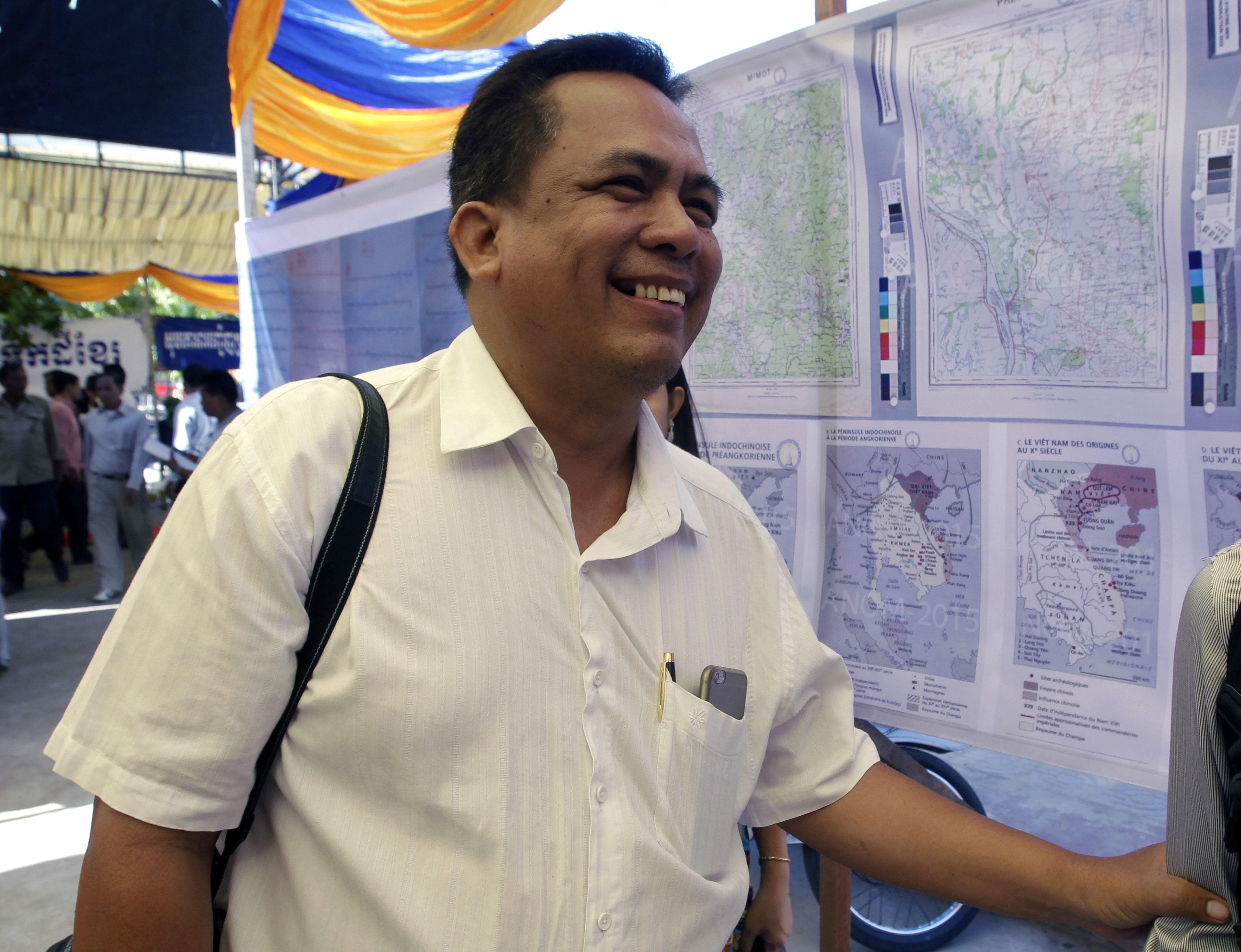
Pressure mounts on Cambodia a year after Kem Ley’s killing
On the one-year anniversary of the death of popular Cambodian activist Kem Ley, civil society organisations from around the world reiterated their call for an independent inquiry.
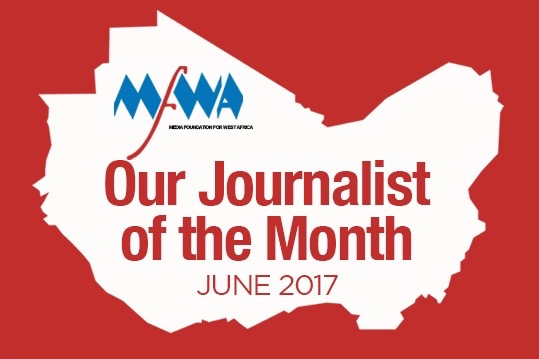
Ghana’s Seth Kwame Boateng named “journalist of the month” by free expression group
In recognition of his documentary that prompted action on the devastating maternal and child mortality situation in Ghana’s second largest medical facility, the MFWA has named Seth Kwame Boateng as the first winner of its Journalist of the Month series.
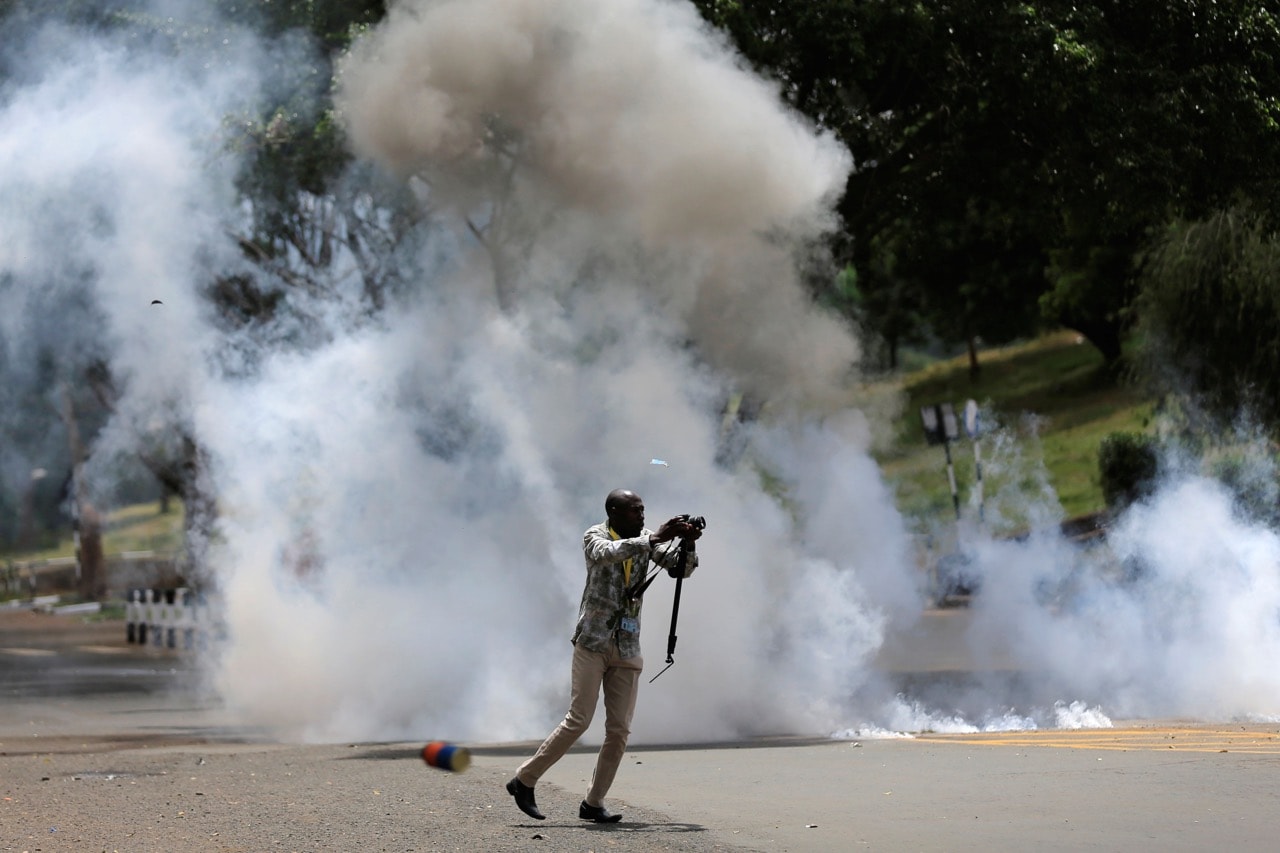
Network of African free expression groups calls for end to impunity for crimes against journalists
AFEX deplores the increasing incidents of killings, physical attacks, arbitrary arrests and detentions, threats and harassment of journalists, media professionals and activists in Africa as a threat towards the enjoyment of free expression and the ultimate development of the continent.
